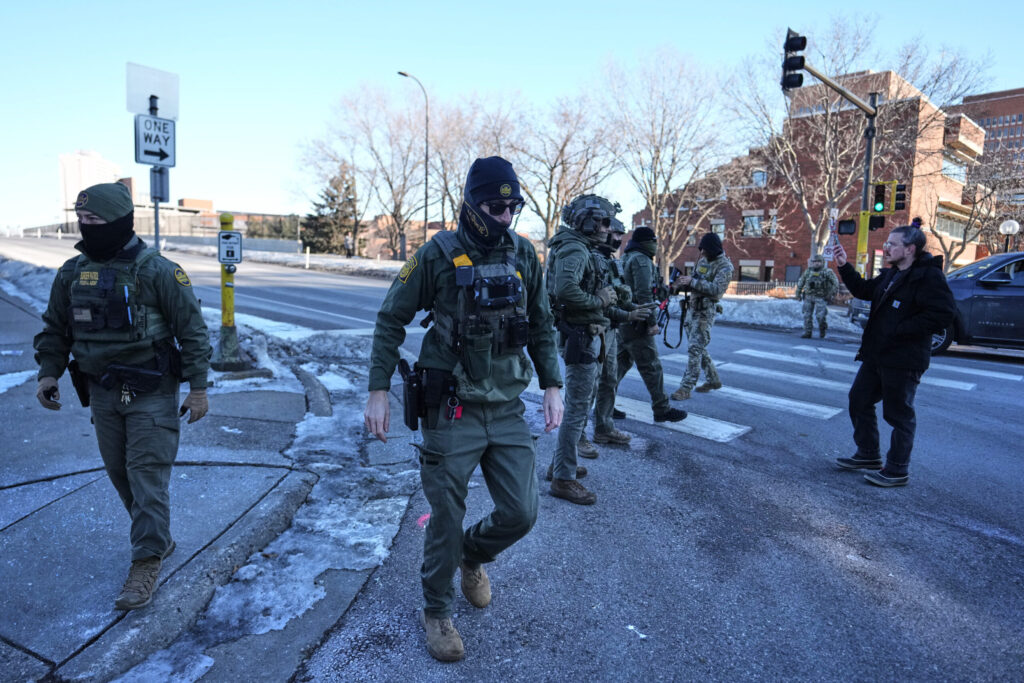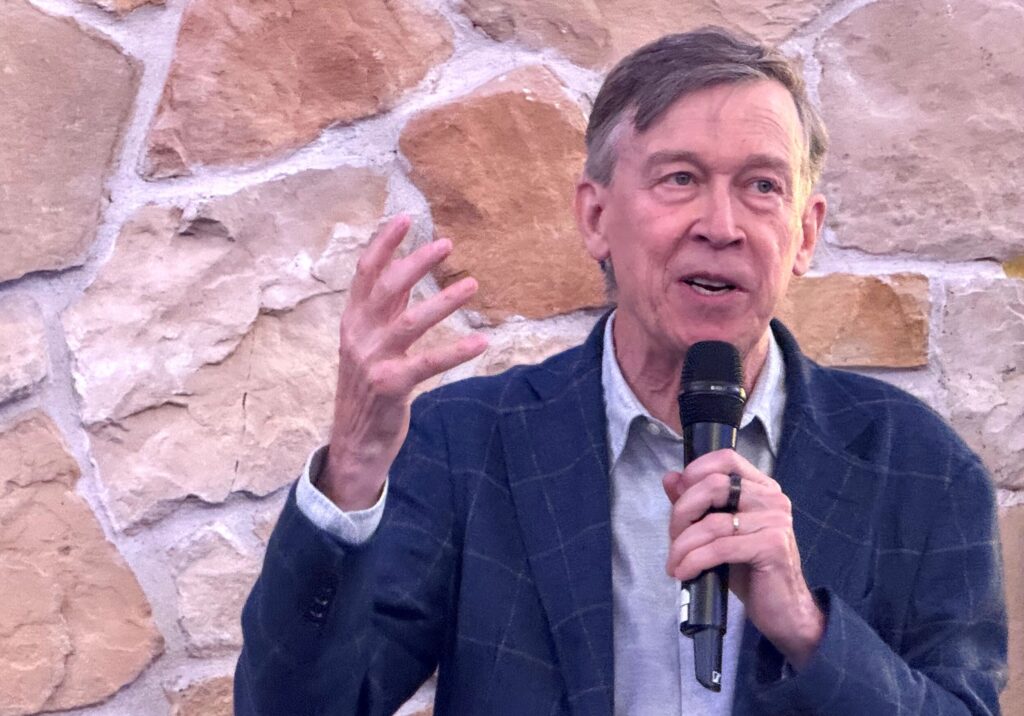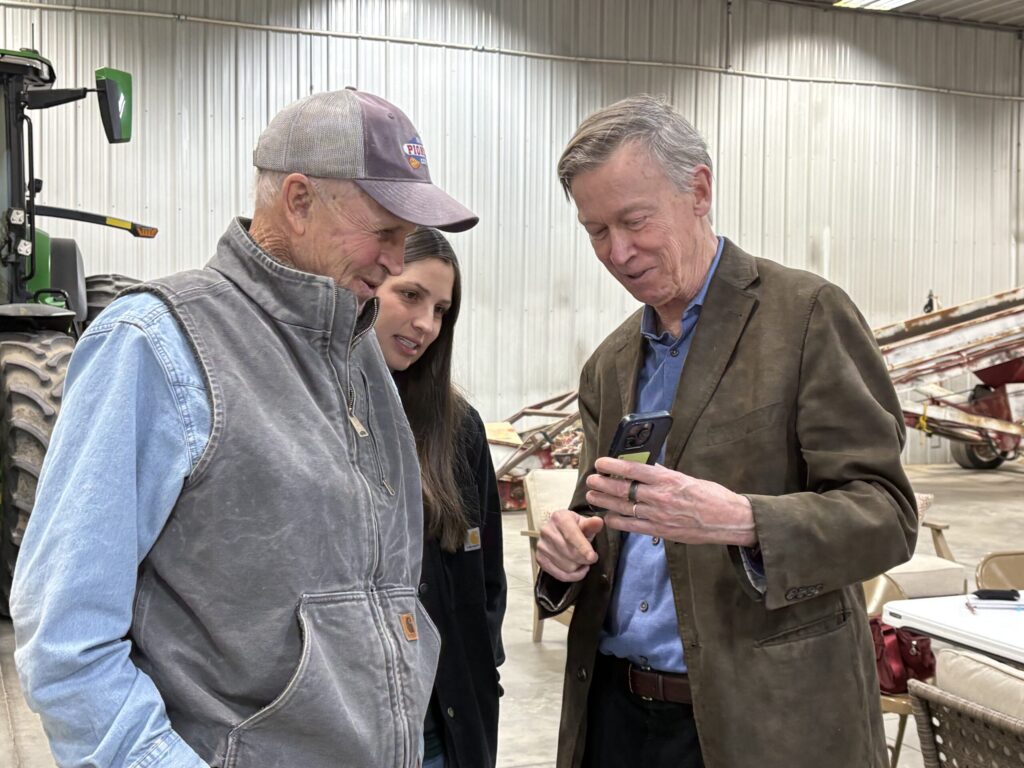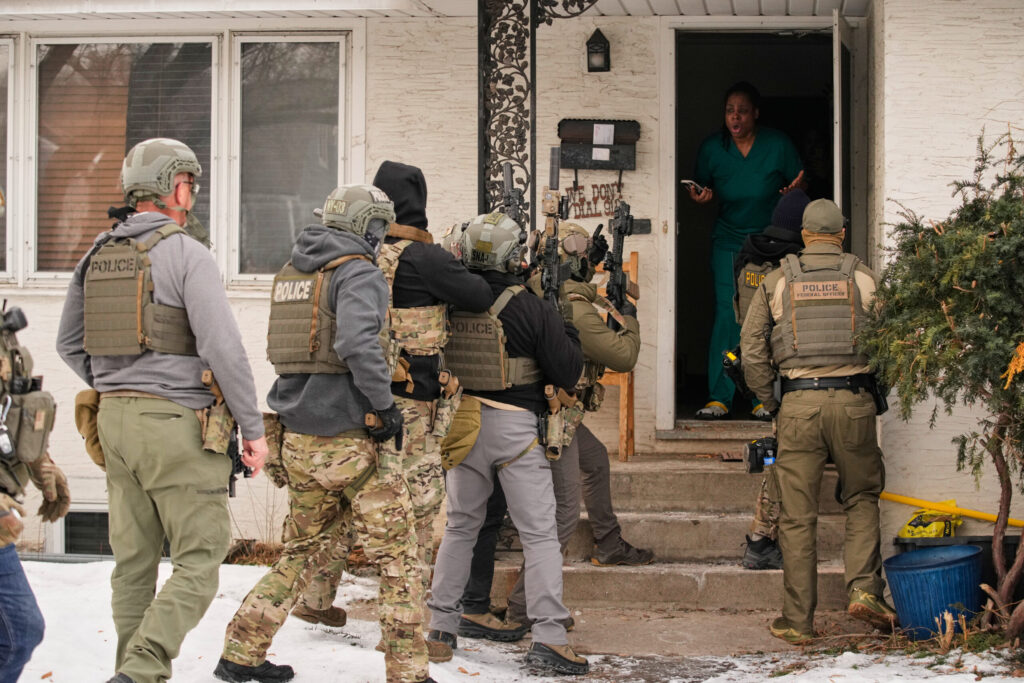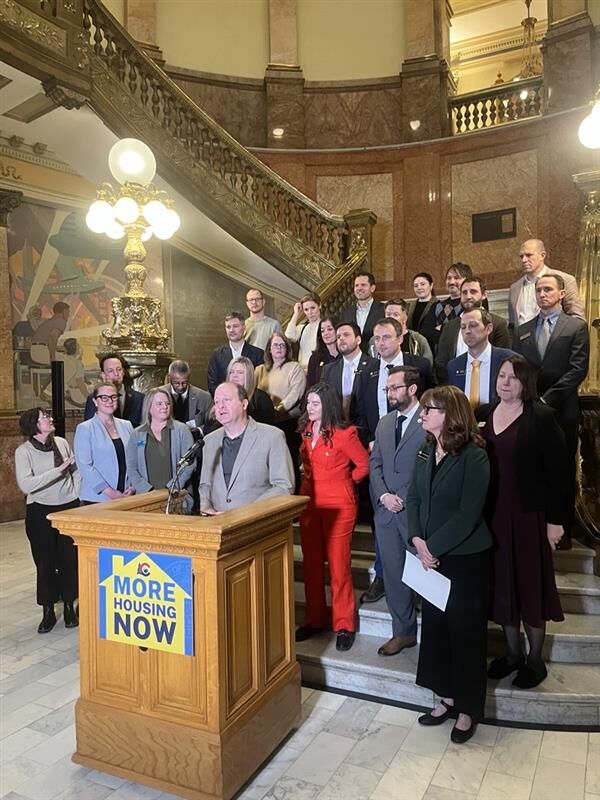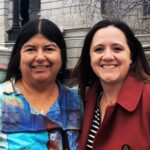Lawsuit aims at Colorado voters’ decision to raise bar on amendments
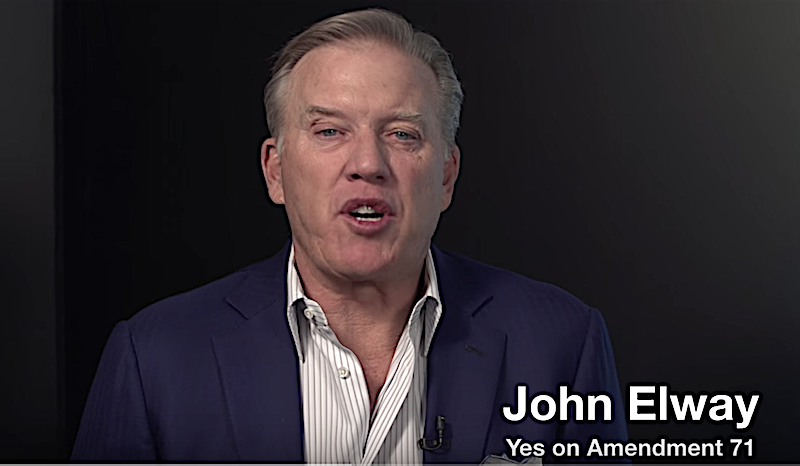
A Denver judge says proponents behind two recent ballot proposals can go forward with their lawsuit to overturn Colorado’s Amendment 71.
U.S. District Judge William Martinez denied the state’s motion to dismiss the case. The lawsuit is a long way from decided, however, and plaintiffs don’t expect it to affect this year’s ballot, unless some people decide to hold off, save their money and try next year in case the bar to get on the ballot is lower.
Called Raise the Bar, Amendment 71 was passed by nearly 57 percent of voters in 2016. It requires those who want to put a constitutional amendment on the ballot to gather signatures from at least 2 percent of the registered voters in each of the 35 state Senate districts.
Supporters of the change said it was too easy to amend the constitution, and making it tougher it could steer more ballot questions to statutory amendments. Those can be amended by the legislature to address unintended consequences. Constitutional amendments require another vote of the people to change in the least, and that takes lots of money and political muscle to achieve.
The lawsuit was filed by William Semple of the Coalition for Colorado Universal Health Care, which got Amendment 69 on the ballot proposing a state-provided health care system the would take care of everybody, called ColoradoCare. It ultimately failed.
He is joined by Daniel Hayes, who wants to put a constitutional cap on growth, which could have more support on the crowded, expensive Front Range, but has virtually no chance of getting the signatures it would need in the rural reaches.
Before Amendment 71, petition gatherers could get the required number of signatures, representing equivalent of 5 percent of the registered voters in the secretary of state’s race in the most recent general election, which could be gathered more easily in cities rather than rural Senate district. To get on this November’s ballot, proponents must gather 98,492 verified signatures.
There’s a couple of problems with that, the plaintiffs charge.
While Senate districts are evenly divided by population, they are not evenly divided by registered voters, which mean districts with fewer voters have less representation when it comes to signatures to get a question on the ballot.
Martinez cited that problem in his conclusion Wednesday.
Also, some ballot questions – for instance, the cap on growth – don’t have any interest or possibly any support from people who might not affected by it. One district with nothing to lose or gain could hijack a statewide issue, the opponents of Amendment 71 said before the election.
Semple told Colorado Politics Wednesday evening that the bar has been raised to an impossible height for ordinary citizens who are supposed to be guaranteed the right to petition their government. And it shouldn’t be something that only wealthy interests are capable of doing.
The petition-gathering process is hard enough, with the higher bar, he said. ColoradoCare Yes, the group behind the universal care proposal, raised and spent hundreds of thousands of dollars just to get on the ballot, before they even began to campaign for its passage.
It ultimately proponents were outspent 5 to 1 and lost 4 to 1.
“The thought that people have that it is too easy to get something on the ballot is absolutely not the experience that we had,” he said. They had 500 volunteers collecting signatures, which provided only one-third of what they needed, so they had to hire professional signature-gatherers to get the rest.
Semple said it took months and tireless weekend work by volunteers.
“My feeling, too, is that in a time in our politics when the wealthy and powerful have so much undue influence on our legislature, it’s all the more important that we have the avenue that is the citizen initiative for citizens to get something directly on the ballot that doesn’t get through the sausage-grinder of the legislature,” he said.
The Colorado Secretary of State’s Office is stuck in the middle of the political decision proposed and passed by other Coloradans, who disagree with those behind the lawsuit.
“We’re going to defend the spirit of what the voters passed,” said Suzanne Staiert, the deputy secretary of state who also is a lawyer, as is Secretary of State Wayne Williams.
“We believe they sent a strong message that they want all the citizens in Colorado to be able to weigh in on whether an amendment is on the ballot.”



